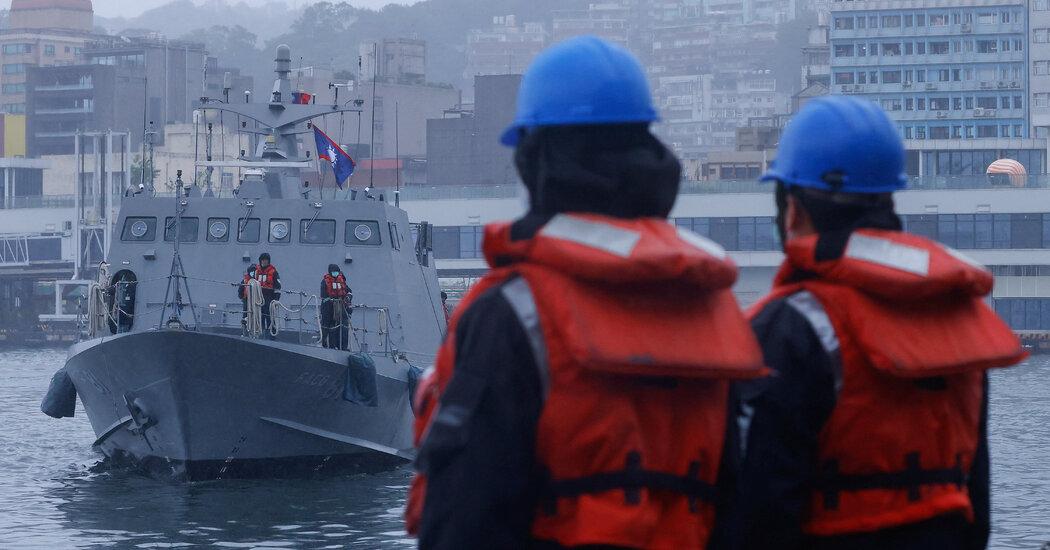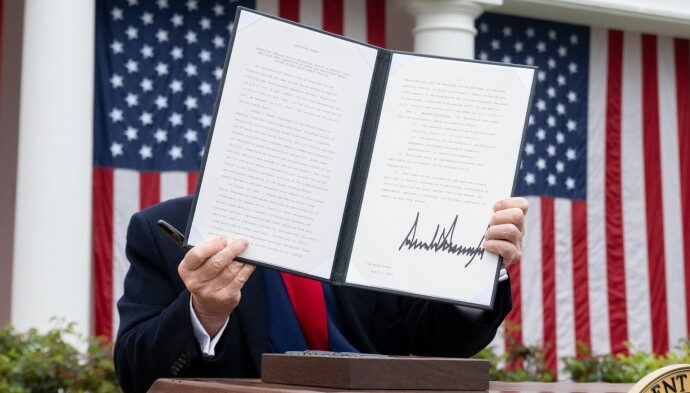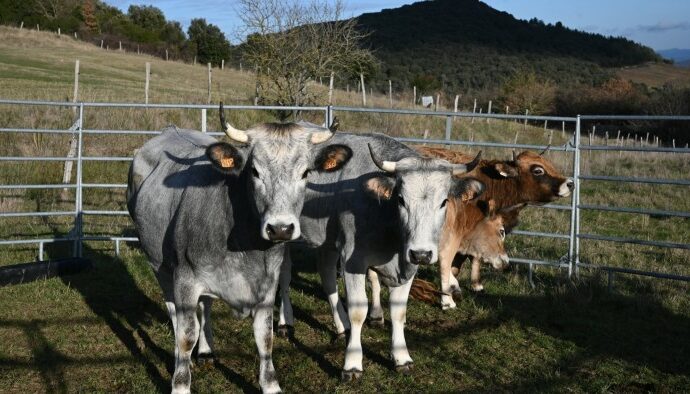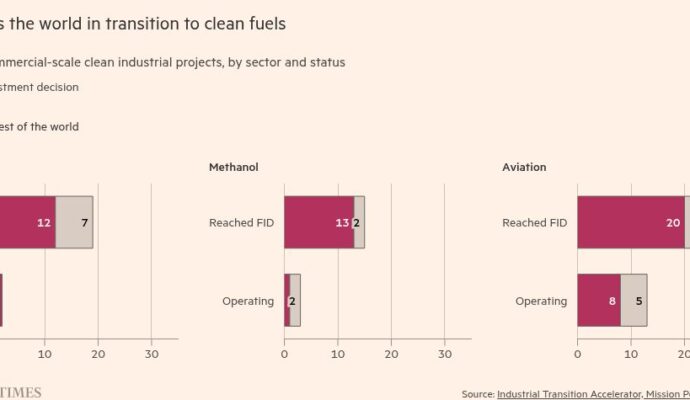
We’re proud of the vibrant democracy and economic success that we’ve built in spite of these conditions. We’ve shown that democracy can function in Chinese culture. This mix of anxiety, pride and perseverance is the essence of Taiwan’s character and something often overlooked by a world that tends to view Taiwan as a pawn in China’s rivalry with the United States. We are flesh and blood, too.
Our character is perhaps best exemplified away from the political noise of Taipei, in rural farming areas and fishing villages where people are prone to laughter, giving generous gifts of their produce and issuing spontaneous dinner invitations. Even here, opinions on China differ, but there is a common denominator of down-to-earth realism that I hope, for all our sakes, will prevail over the long run. It’s not that the common folk believe resisting China is futile but that Taiwan will always be within China’s immense gravitational pull and that pragmatism, even accommodation with China, might be preferable to war.
A friend of mine, a deeply tanned farmer who grows wax apples, wakes in the predawn gloom each day, puts on a headlamp and carefully inspects his orchard for pests. He won’t say this publicly for fear of being attacked as a collaborator, but he supports unification with China simply because it is the land of his ancestors. People with the same heritage, culture and history should, he believes, be one nation. He wants a strong, prosperous China that stands tall in the world, with Taiwan a part of it. But, embodying the mixed feelings in Taiwan, he would still fight if war broke out, although for his home, family and village.
Pan Chi-min, another farmer I know, cultivates Indian jujube trees on his orchard in southern Taiwan. China is his major market. The previous, more China-friendly Kuomintang (K.M.T.) government, which I served in, signed a trade agreement with China in 2010 that allowed his fruits to reach Chinese supermarkets within a few days. But after the independence-leaning Democratic Progressive Party (D.P.P.) won the presidency in 2016, China tightened market access with a series of bans. Mr. Pan had to turn to Japan, which required an expensive journey to market lasting up to three weeks. The sweet, juicy fruits would often be tasteless by the time they reached Japanese dinner tables.
Mr. Pan reads the history of Tokugawa Ieyasu, an important 17th-century Japanese military ruler associated with patience and endurance, virtues which Mr. Pan feels Taiwan must adopt when facing China.


